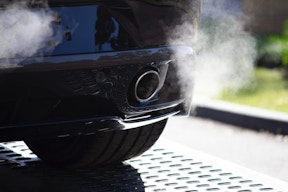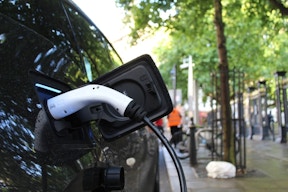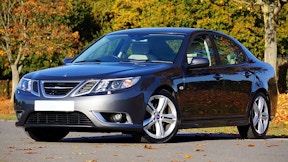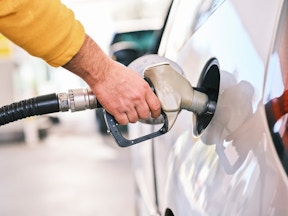We can help you find a dealer who wants to buy your diesel car. The dealers in our nationwide network purchase all sorts of makes, with diesel specialists particularly keen on Mercedes, BMW, Vauxhall, Volvo, Renault, Land Rover, Alfa Romeo, Toyota, Nissan, Ford, Volkswagen, Skoda & more.
Since our dealers come from all over the UK, you should be able to get a great price for your diesel car no matter where you’re based. The fuel efficiency that diesels offer is still in high demand outside of cities and there are plenty of buyers for second-hand diesels.
And if the dealer lives all the way across the country, don’t worry about fuelling up for a long roadtrip. You’ll get free collection from home, work, or wherever suits you. Selling your diesel to a verified dealer has never been this easy.






